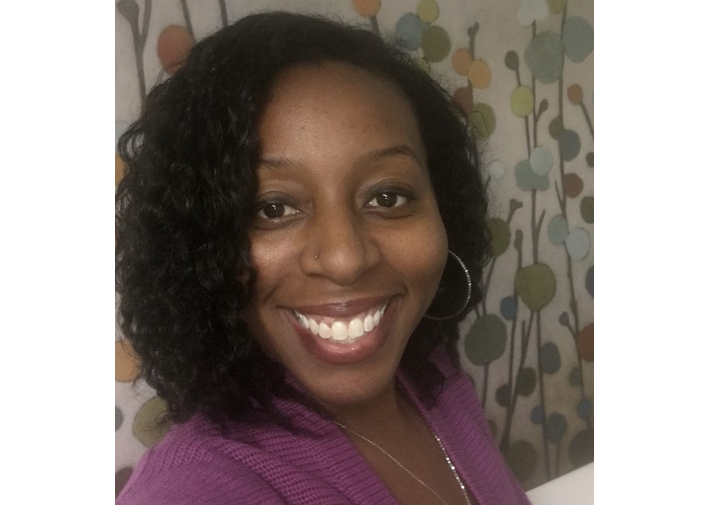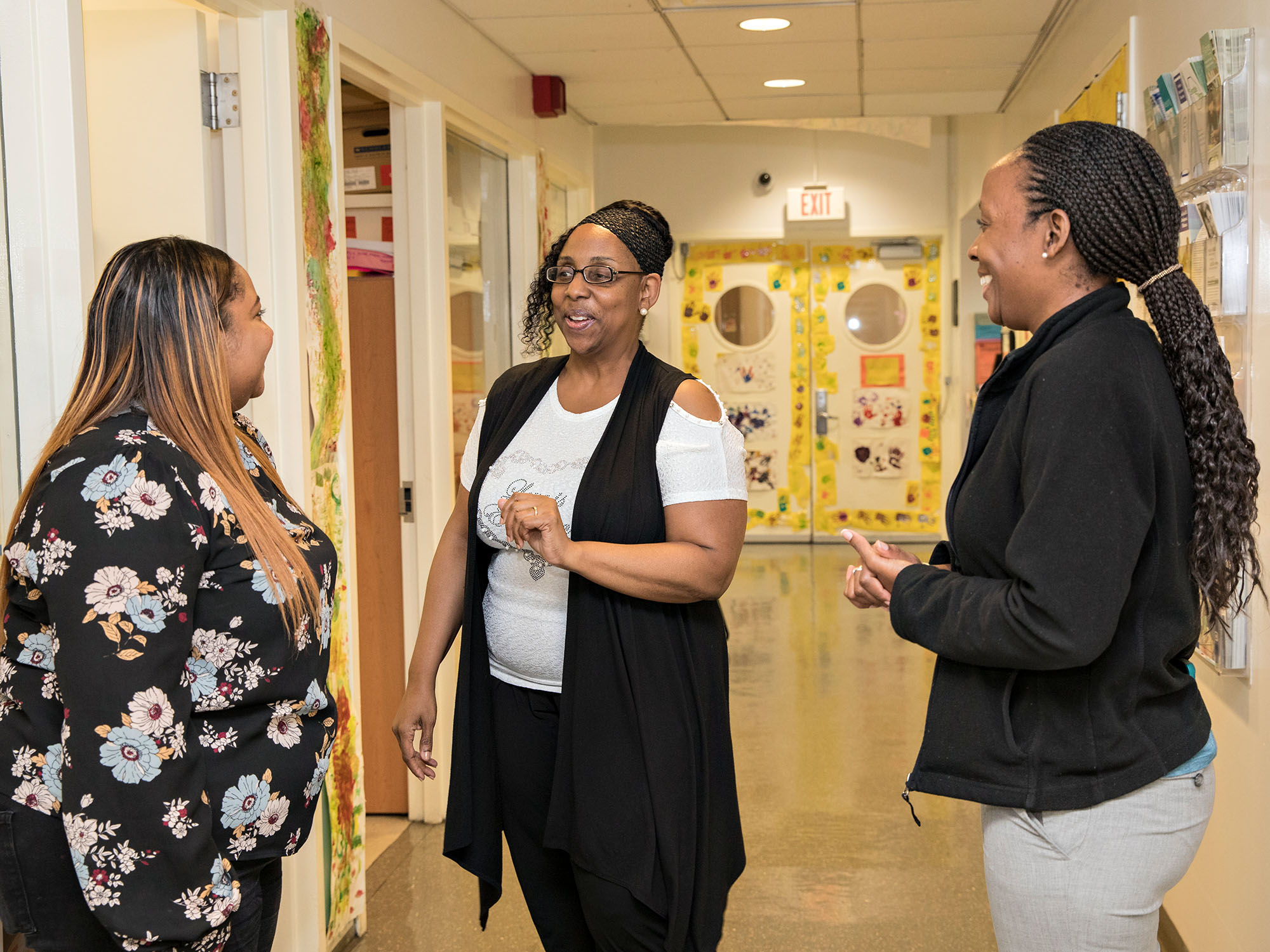For three years, it has been my great pleasure to work in the Early Childhood Education field as a Leadership Coach. At the NY Early Childhood Professional Development Institute, I serve as a coach with the Leadership Initiative and am able to support leaders across New York City. Specifically, what makes this work even more rewarding is the ability to participate in long term coaching relationships with the leaders I support. Unlike some forms of coaching, where there is a designated amount of time to start and end the coaching relationship, long term coaching allows for both the coach and coachee to dictate the frequency and length of time for the relationship to take place. I’ve found this approach to be an effective form of impacting growth and change as the time creates space to foster relationship growth, explore dispositions and mindsets, and understand behavior patterns.
Fostering a relationship with any individual takes time. During our long term coaching partnership, we partake in conversations about past and present experiences, and aspirations for the future. As a coach, it is really important for me to notice the types of questions that are most effective for moving towards goals, and which questions can seem to be triggering. Long term coaching allows for there to be brief conversations about both me and the coachee outside of our professional lives, which encourages us to see one another as whole individuals. This helps to create trust, which is needed when offering and receiving feedback.
During the process of establishing trust in the long term coaching relationship, there is also the goal setting that takes place between myself and the coachee. Sometimes these goals can be technical, such as learning a new system or writing out the staff handbook. Other times these goals can be the steps towards refining the communication between the leader (coachee) and their staff members. During the exploration of these types of goals, there is often times the noticing of specific dispositions or mindsets that are also discussed and may need to be shifted in order for change to take place. Through long term coaching, we can realize the Coaching Core Value from the NYS Coaching Competencies that says, ‘Coaching goes beyond the surface of quality practice to explore the roots of what supports children’s growth and development.’
Lastly, the ability to establish a long term coaching relationship helps to inform my work as a coach, specifically, as patterns of behavior are more noticeable over time. This includes both my patterns and the coachees’ patterns. Noticing my own patterns of behavior gives me an opportunity to be self reflective and connect to my intentional practices as a coach. Noticing the coachee’s patterns of behavior gives us an opportunity to have specific reflective conversations that connect to goals that are being set. I have had the opportunity to work with coachees who have transitioned to different leadership positions at different locations during the course of our partnership. This view into the various aspects of the coachee have made for some powerful conversations as we discuss the growth that the coachee would like to see for themselves.
I am honored to do this work as a long term coach. Relationships are at the heart of what we do as early childhood professionals as we aspire to impact children and families. The type of coaching that I am able to do feels like a wonderful extension and parallel of the care that must also be extended to the adults who have such a huge impact on our field.
Serene Stevens is a Leadership Coach at the Institute.


